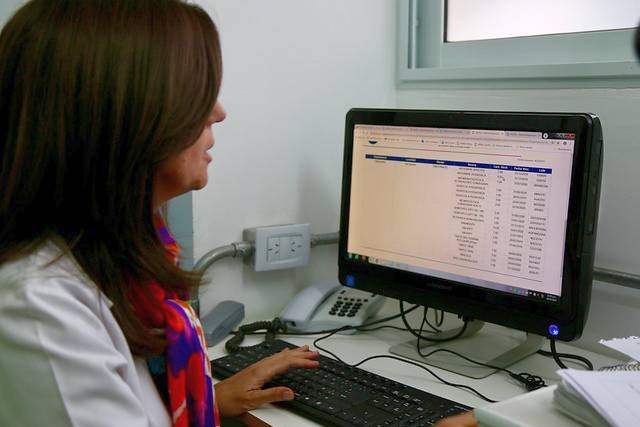The municipal health system of the municipality of Córdoba, Argentina, has providers in the three levels of care. There are 99 primary care centers distributed in the different program areas of the city, three providers of second-level medical offices, a multipurpose hospital, a children's hospital, and an emergency hospital—the latter of the third level. The municipal health system provides care to 45% of the population of the city without social work coverage (approximately 600,000 people). In addition to serving people without coverage, the municipal health system provides benefits to those who do have coverage, generating an expense to the public system that should be addressed by social works. In order to address this problem, the ministry of Health created the possibility of recovering expenses.

The system will make registration of all medical care carried out in the health centers quick and simple, as well as simplify the generation of the documents required for the recovery of expenses.
The medical coverage organizations have mechanisms for the reimbursement of the necessary funds, which are usually not simple or easily accessible to local governments. The complexity of this bureaucratic task means that many governments cannot carry it out in a timely manner. In view of this, some private companies already offer closed systems that are offered in exchange for a monthly payment plus a percentage (between 20% and 50%) of the money recovered.
Today the money lost due to the lack of recovery (in the case of Córdoba) or the use of third party solutions (in many neighboring cities) would not only make the development of this information system sustainable, but also increase investment in health.
Now, one of the winning projects of the call for proposals for the implementation of IS4H projects promoted by the Pan American Health Organization, will design and implement an open system in order to systematize the registry of health benefits to people with coverage, and thus optimize the recovery of expenses in municipal public health centers that are due by social works. The project is being carried on by the Secretary of Modernization, Communication and Strategic Development of Córdoba's Secretary of Health
Once ready, the system will also have control dashboards in real time, based on the types of care coded with CIE10 to help health authorities in their decision making, to share data with other actors (Province, Nation) and to open an open health data portal.
In summary, the idea is to develop an information system that will make registration of all medical care carried out in the health centers quick and simple, and that will collect the data and simplify the generation of the documents required for the recovery of expenses; manage the data in such a way that it can be used for internal management, for public data and for integration with other government offices, as well as to invite other municipalities to participate in the use and development of the platform as free and open software.
